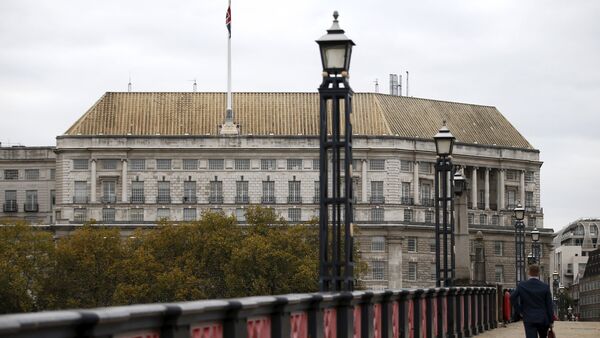More than 20 Labour lawmakers have voted against a bill that grants immunity to MI5 undercover agents or informants who violate the law while conducting operations.
In an apparent show of defiance, the MPs rejected Labour leader Keir Starmer's orders to abstain from the Monday vote, which was reportedly passed in the Commons in a second reading by a 182 to 21 margin.
Voting against the bill were former leader Jeremy Corbyn and ex-shadow chancellor John McDonnell, plus MP Jon Trickett, who described the document as something that "seeks to give legal cover to illegal undercover actions".
Labour lawmaker Apsana Begum, in turn, warned that "there is a grave, serious, and very real danger [the bill] could end up providing informers and agents with a license to kill".

She underscored that covert operations "must have thorough oversight and clear parameters of limitation" and that the "limits in this bill are vague".
Begum was echoed by Labour MP Yvette Cooper, who said that the bill's safeguards were "very vague and very broad", which she added should be "strengthened to get this legislation right".
The remarks come amid the government's assurances that the bill does not amount to a "license to kill" because it will be in sync with the European convention on human rights, a document that they recalled protects the right to life and bans torture.
Security Minister James Brokenshire, for his part, clarified that "there are upper limits to the activity that could be authorised under this bill and these are contained in the [1988] Human Rights Act".
He insisted that the ability of MI5 agents to break the law "without fear of prosecution" was a "critical capability" that was subject to "robust, independent oversight" by the Investigatory Powers Commissioner's Office.
"It is important that those with a responsibility to protect the public can continue this work, knowing that they are on a sound legal footing", the minister added.
MI5, for its part, highlighted that 27 Islamist and right-wing terror attacks have been foiled in collaboration with the police since 2017, with director general Ken McCallum noting that "without the contribution of human agents, […] many of these attacks would not have been prevented".




